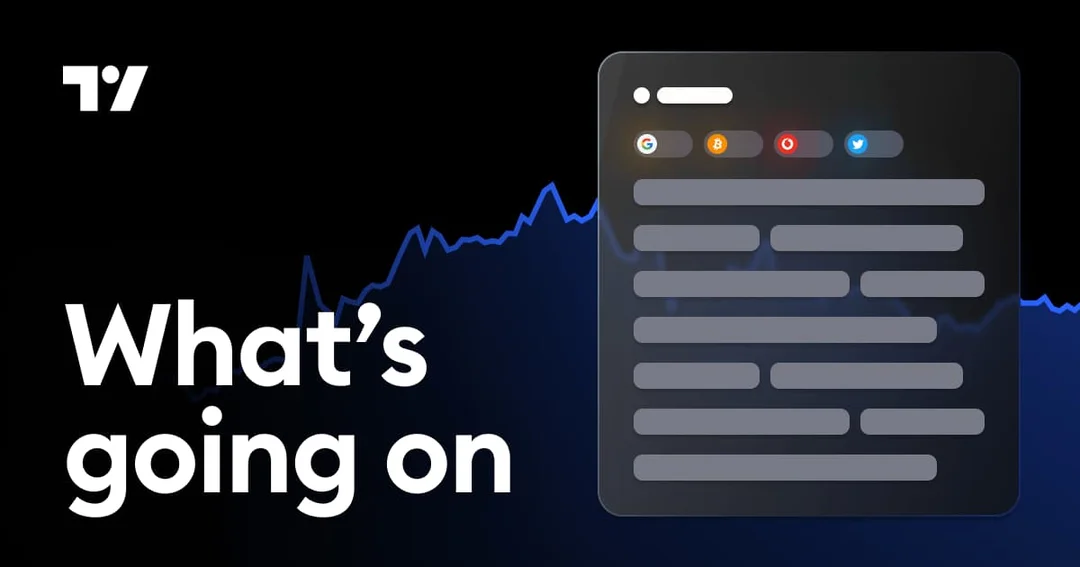
German Leaders Warn Of Financial Shock As Trump Tariff Threats Escalate Trade Tensions
As economic and political tensions intensify across the Atlantic, prominent German figures are sounding the alarm over the growing risks stemming from recent US tariff policies under the Trump administration. With the UK suspending some tariffs to protect its businesses, and voices in Germany warning of the increased threat of a financial crisis, the world’s major economies find themselves navigating a precarious landscape shaped by trade wars and digital disputes.
Last week, Germany's Friedrich Merz issued a sharp warning: US-imposed tariffs—championed by former President Donald Trump—are raising the risk of a global financial calamity. The issue goes well beyond traditional products, as the transatlantic dispute now looms over the future of Big Tech, digital trade, and complex regulatory measures between Washington and Brussels.

The United Kingdom responded to the evolving crisis by suspending tariffs on 89 imported products, a measure now extended to mid-2027. The move is aimed at shielding British firms from fallout resulting from the US-China tariff stand-off—and underscores how European nations are being forced into rapid, sometimes unilateral, responses to an unpredictable global trade environment.
The discord has spilled into the digital realm, adding yet another layer of complexity. There is mounting pressure within the EU for retaliation targeting American tech giants—a sector some European strategists view as an Achilles heel for Washington. However, Berlin has urged caution. Speaking to policymakers, German officials have highlighted deep divisions within the European bloc: while some advocate striking back at US digital dominance, others fear sparking a tech cold war that could undermine European competitiveness and global stability.

These disputes arrive amid broader crackdowns and geopolitical tensions: the UK found itself in conflict with Hong Kong authorities after MP Wera Hobhouse—an outspoken advocate on human rights—was refused entry on a family visit. Meanwhile, Elon Musk and his social media platform X have come under fire in Turkey for allegedly aiding government crackdowns on dissidents, illustrating the worldwide reach of technology and the ever-growing links between politics, human rights, and commerce.
Expert commentary, including insights from Martin Wolf and Rana Foroohar, paints a picture of global trade in flux. Regular columns such as Trade Secrets by Alan Beattie provide deep dives into these evolving business and political dynamics, helping industry leaders and policymakers make sense of rapidly shifting sands.

Looking ahead, the central question remains: Will Europe and the US find common ground before economic rivalry triggers widespread financial repercussions? As leaders weigh retaliation and cooperation, the global economy sits at a crossroads—uncertain, interconnected, and bracing for what comes next.
What are your thoughts on the escalating transatlantic trade tensions? Share your views in the comments below.